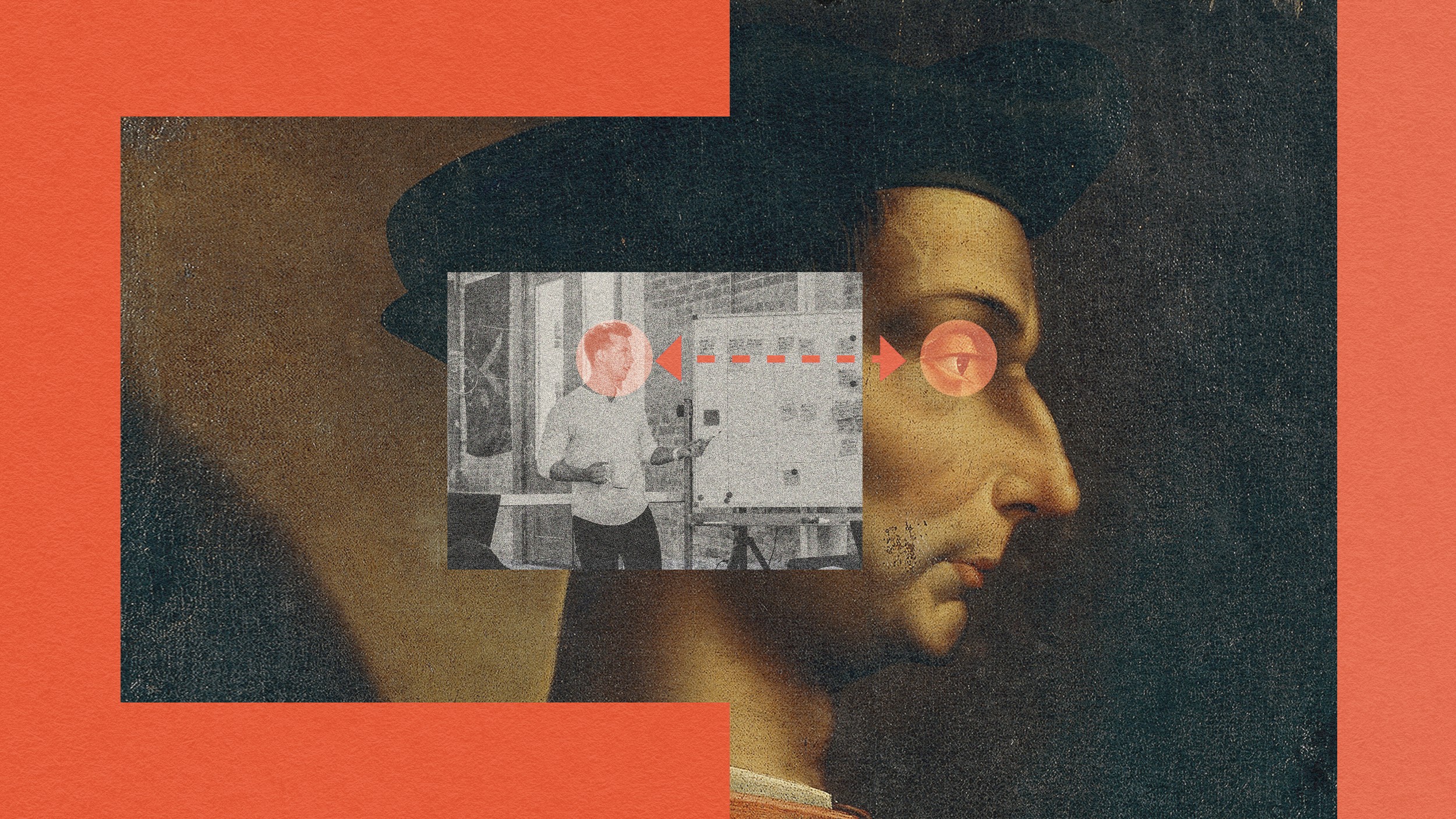Silence is Not an Option: The Moral Necessity of the Skeptic Movement

As has been pointed out by John Stuart Mill, there is little reason to intervene in the free actions of adults, even and only if those actions harm themselves. If this is true, then what can be said about the moral justification for the many blogs, websites, people and books that detail and debunk popular, pseudoscientific nonsense and quackery?
Why do skeptics bother to debunk quackery if the rational adult who chooses to use these unverified methods harms no-one but himself? Why should we care if a dodgy company produces magic bracelets that sell not on the efficacy of their evidence, but the number of teeth a celebrity shows while holding it? Why should we care if TEDx gives a platform to non-science people, peddling food and spiritual nonsense? Given that we don’t stop people driving fast cars or mountain climbing (actions which can certainly result in harm), why should we try stop these companies and individuals selling to competent adults? Surely if people wish to give in to (sometimes harmful) nonsense, that’s entirely their choice?
The claims that are attacked by the skeptic community are the ones propped up by nothing but hand-waving, hot air, and anecdotes: Someone’s mother’s best-friend’s hairdresser used this product and it cured her of her terminal disease; you watched as your friend drank this homeopathic remedy and saw, with your own eyes, as your friend recovered from whatever ailed her. Anecdotes and endorsements replace peer-reviewed research and scientific data. The actual authorities on these matters become the evil empires and dark lords trying to suppress new data: ‘Big Pharma’ and the ‘medical establishment’ need to keep disease going or else they lose their jobs and enormous incomes; scientists are simply too closed-minded to accept that the stars or water or grandmother’s ghost help guide our actions.
And still, knowing this, those who realise how ludicrous these quack claims are will sometimes say: “Let them be. Let them harm themselves. More medicine for us.” This follows from the idea that adults should be able to harm themselves. But that mindset is, I will argue, the wrong one to have.
The Rational Property of Adults
One caveat we often don’t highlight when it comes to discussions of rational adults harming themselves is what we mean by ‘rational’. Smokers, drivers, mountain-climbers are not ignorant of the dangers: they (often?) know that terminal and crippling conditions can result from cigarettes; speed and distraction can result either in your own death or another’s; and gravity is not a fan of people travelling vertically on nothing but rope and hope. The difference when it comes to quackery is that the evidence for its inefficacy or harm is denied and ignored by the makers and consumers.
Being rational is not merely having a competent mind, able to process and engage with information; it’s having that information in the first place. Cigarettes come with warnings; instructors for mountain-climbing talk more about the dangers of their craft than anything else – indeed, the reason why you need instructors is to protect and train yourself not to die while you go up a big rock. And we all know what pilots say the most dangerous part of flying is (“the drive to the airport”, though take that with some caveats).
So those of us who take a somewhat strong stance against unverified claims that pertain to, say, health, do so because of the moral imperative of defending evidence-based information – as opposed to the vague, untested, flowery, magical, personal anecdotes that often guide people toward using quackery.
One has to conceive of it as follows: Imagine you are Ignaz Semmelweis, in 1847, having just verified your hypothesis that physicians hand-washing is essential to keeping a patient alive. If you can show your evidence, defend your case, you will save many people’s lives (we might assume that by now he’s saved, through his research, millions or billions). Thus, you ought to try get your information out there to save lives and decrease suffering. Of course, all the difficulty lies in how you do this. However, silence is, in almost every instance, not an option. (Even writing anonymously in journals is an option, if one fears reprisals.)
The Semmelweiz analogy, it seems to me, is the case with the skeptic movement. Silence is not an option.
Saving Lives Versus Peddling to Outrage
Just like Semmelweis, the skeptic movement bases itself on what science indicates, no matter how unpopular or dreary or grey the conclusions. Wherever the data lie, that is where the skeptic movement wishes itself to be. If you don’t think the skeptic movement is about saving lives and providing ammunition to protect yourself against charlatans, then you simply don’t know the numbers of preventable deaths – ‘preventable’ if the information had been accepted by the adults concerned. The site Whatstheharm.net, for example, collects incidents, often updated, which detail stories of people using unverified methods to feel better, whether from ailment or just for relaxation in a sweat lodge. The results lead to the unnecessary waste of large sums of money – with people becoming bankrupt from consulting psychics or using glorified water – or of life.
The worst section on Whatstheharm.net, however, remains the one marked ‘children’.
Though our focus is on adults, the actions of adults have an effect on children since childrens’ health and medication is largely in the hands of their parents. If you need a stronger reason for the moral necessity of an active, in-your-face, aggressive, skeptic movement, it’s wrapped up in bundles and dead at thirteen months. Though I think the death of a rational, competent adult matters more than an infant, it’s the inability of the child to control his life that occasionally makes it more pressing for us to be opposing unverified, pseudoscience claims at every turn. By convincing his parents, we can save his life by not having it destroyed through quackery.
Thus…
The reason why the skeptic movement won’t go away, especially thanks to the internet, is due to the moral necessity of defending evidence-based, scientific information, which pertains to the livelihood of individual people making choices about their and others’ lives. Of course, how we do this is also something that matters.
For example, when I say ‘aggressive’, I don’t mean swearing, yelling, or sending death threats. By aggressive, I mean constantly seeking bad information that is being sold as true, willing to ask (in a civil tone) for the evidence, and being unafraid of law-suits and libel to make the case in favour of science. This matters because we must, at all times, try prevent unnecessary suffering – and the suffering of people using unverified medical quackery is unnecessary. There’s a name for alternative medicine that works.
So, despite the fact that we ought to allow adults to harm themselves, we only allow this based on two premises: (1) that they do not harm anyone else and (2) that they are rational agents. We know that in the former case, peddling nonsense bydefinition harms others, so one could argue that we are really targeting companies and people that are marketing quackery. Yet, even here, we are also targeting individual people since their conviction, anecdotes and beliefs do impact on others, especially children.
And we’ve already seen that ‘rational’ also means having the necessary information upon which to make an informed decision. This is why it is moral to try stop someone from committing suicide or sky-diving, by providing information but not through coercion or physical force. That is what the skeptic movement is attempting and why they should be supported.
At the end of obtaining information, people ought to be allowed to follow through with whatever decision they wish: to kill themselves, drink magic water or pray instead of use proper medicine (again, assuming children and the non-consenting are not involved). Thus, we are keeping with John Stuart Mill’s harm principle by defending science aggressively, even though adults are willingly harming themselves.
—-
Essential Resources and Websites for Skeptics:
Image Credit: Paul Fleet/Shutterstock





